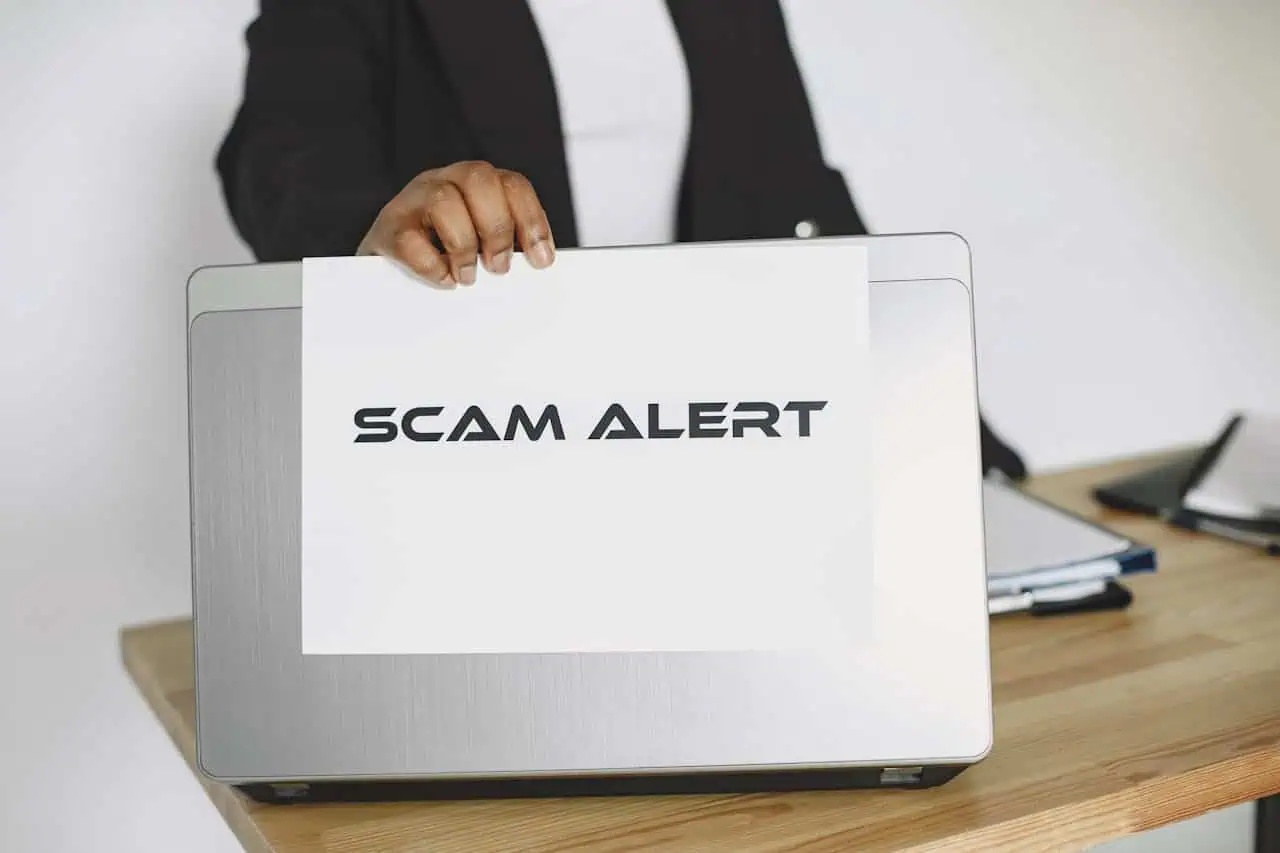Real estate fraud is a growing concern in Colombia, affecting thousands of buyers, sellers, and investors each year. One of the most common scams involves fake documents and bounced checks, or “cheque nrebota.” This guide explains the ins and outs of these scams and gives you practical steps to protect yourself.
Introduction to Real Estate Scams in Colombia
In Colombia, the real estate market can be highly profitable, making it an attractive option for both locals and international investors. However, this booming market has also drawn scammers who use increasingly sophisticated methods to trick buyers and sellers. It’s essential to understand the warning signs of these scams to protect your finances and investments.
Common scams include:
- Fraudulent deed-signing without a legitimate contract.
- “Nrebota” checks, or checks that bounce due to insufficient funds.
- Identity theft to transfer property ownership illegally.
By learning about these risks, you can make informed decisions when buying or selling property in Colombia.
Read more: Meet Qiao Ling Chen: A Dedicated Realtor Who Turns Real Estate Dreams into Reality
What is a Deed Signing Scam in Real Estate?
In Colombia, one way scammers operate is by manipulating the process of signing property deeds. In a deed-signing scam, a scammer convinces the victim to sign a document that appears legitimate but actually gives ownership of the property to the scammer or a third party. This type of fraud often involves falsified documents and the unauthorized presence of the scammer at the notary office.
How It Works:
- Fake Documentation: The scammer provides forged documents to mislead the buyer or seller.
- Intimidation or Pressure Tactics: Scammers may use high-pressure sales tactics to rush the victim into signing without careful review.
Warning Signs:
- The scammer tries to push the signing process forward without giving you time to review the paperwork.
- Documents lack authentic stamps or notary verification.
- You’re not allowed to bring your own lawyer to verify the transaction.
The “Cheque Nrebota” Problem in Real Estate Transactions
The term “cheque nrebota” refers to a bounced check—one that cannot be processed due to insufficient funds. Scammers often use this method to “pay” for a property but vanish before the victim realizes the check is worthless.
How the Cheque Nrebota Scam Works:
- Presentation of a Bogus Check: The scammer writes a check for the full property price or a significant down payment.
- False Confidence: The victim signs the documents believing the funds will clear shortly.
- The Check Bounces: By the time the victim realizes the check has bounced, the scammer has disappeared with any legal claim or advantage they could gain from the deal.
Warning Signs:
- The buyer insists on paying via check without offering other payment methods.
- The check’s origin seems suspicious, with a foreign or unknown bank.
- Immediate pressure to finalize the deal before verifying the check’s authenticity.
Common Types of Real Estate Scams in Colombia
4.1. Deed Forgery
Deed forgery happens when a scammer convinces the seller to sign fake documents, transferring ownership of the property without legitimate consent.
4.2. Use of Insufficient Funds Check (Cheque Nrebota)
A check without funds allows the scammer to create a false impression of financial security.
4.3. Identity Theft in Property Transactions
Scammers may assume a false identity or even impersonate the property owner to commit fraud. They might use fake IDs or stolen documents to appear as the legitimate owner of a property.
Real-Life Cases of Real Estate Scams in Colombia
In recent years, Colombian news outlets have reported an uptick in real estate scams, particularly targeting international buyers unfamiliar with local regulations.
Example Cases:
- Case of the Vanishing Buyer: A seller accepted a “cheque nrebota” as payment. Once the check bounced, the buyer was untraceable, leaving the seller with no payment and, in some cases, legal challenges.
- False Identity Transfer: In another case, scammers used a stolen identity to pose as property owners, transferring ownership and quickly reselling the property.
Warning Signs to Detect Real Estate Scams
Detecting a Bounced Check (Cheque Nrebota):
- Verify with the Bank: Call the issuing bank to confirm if the check is valid and has sufficient funds.
- Consult with a Trusted Notary or Lawyer: Always verify with professionals who can detect red flags in financial transactions.
Spotting Red Flags When Signing Deeds:
- Pressure Tactics: Scammers often push for immediate signing or discourage you from reading the document thoroughly.
- Inability to Verify Property Ownership: If the other party can’t produce an authentic document or provide identification, be wary.
Key Tips:
- Always work with a lawyer or trusted notary.
- Ensure all documents are officially stamped and signed by verified parties.
Legal Options: What to Do If You Are a Victim of Real Estate Fraud
Immediate Steps to Take:
- Contact Authorities: Report the incident to the Colombian authorities, such as the Attorney General’s Office (Fiscalía).
- Seek Legal Counsel: A lawyer with experience in Colombian real estate can help you file a complaint and potentially recover losses.
Organizations to Contact:
- Notaries and Registries: Report any suspicious activity to the Colombian National Registry.
- Banks: Notify the bank that issued the fraudulent check to start an investigation.
Benefits of Legal Assistance:
A qualified lawyer can help you navigate Colombia’s legal system, which can be complex for non-natives. Legal counsel also improves your chances of reversing fraudulent transactions.
Prevention: How to Avoid Real Estate Scams in Colombia
Verify All Documentation Thoroughly
Check all legal documents for authenticity. This includes verifying property deeds, identity papers, and any payment checks.
Work with Licensed Real Estate Professionals
Licensed agents and notaries have professional standards and can help ensure all transactions are legitimate.
Educate Yourself on Local Regulations
Knowing Colombian real estate laws can make it harder for scammers to take advantage of you. Resources like government websites or local real estate associations can be helpful.
Conclusion: Stay Vigilant to Avoid Real Estate Fraud in Colombia
Real estate fraud can be a traumatic and costly experience. Understanding scams like deed forgery and cheque nrebota allows buyers and sellers to avoid these common traps. Always take precautions, verify all documents, and work with professionals when buying or selling property in Colombia.
By sharing this knowledge, you’re helping to raise awareness and protect others in the real estate market. Remember: in property transactions, caution is key, and trusted advice is invaluable.



